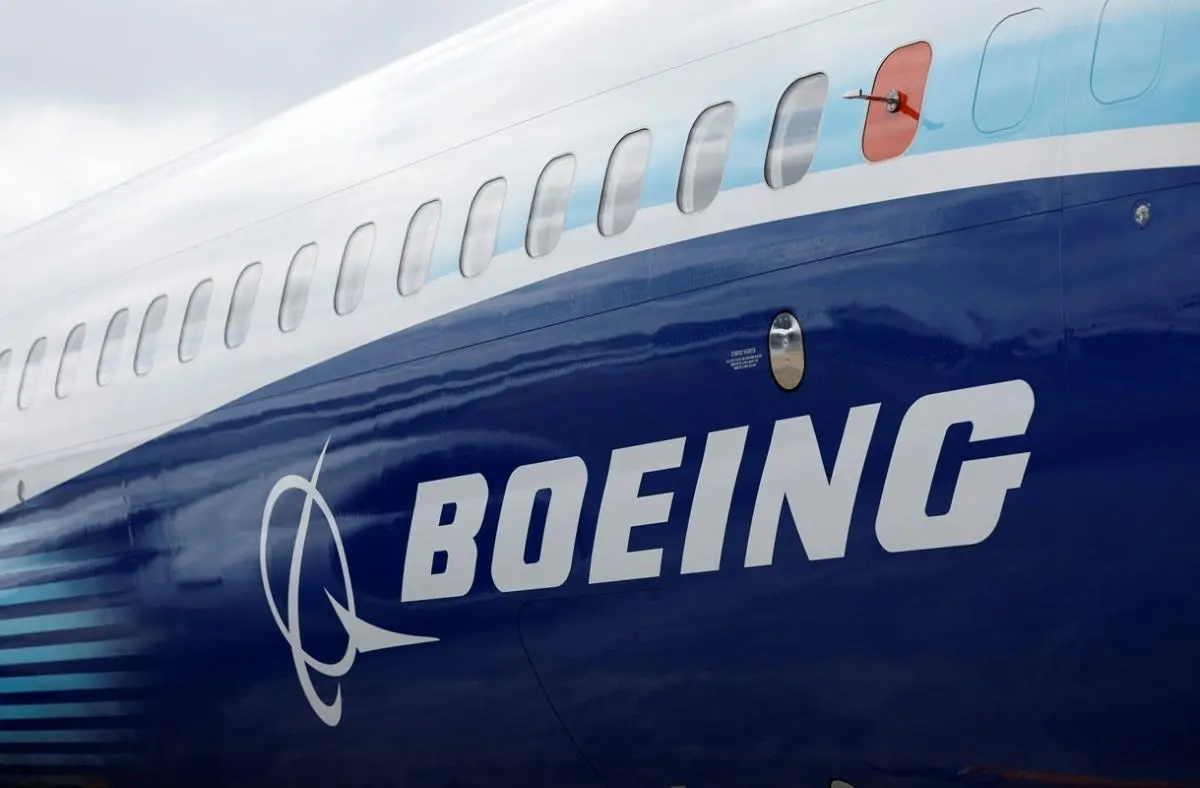Boeing Seeks $21 Billion in Emergency Funding Amid Cash Flow Crisis
Late Monday, Boeing announced it would issue 112.5 million shares of common stock and $5 billion worth of depositary shares.
Late Monday, Boeing announced it would issue 112.5 million shares of common stock and $5 billion worth of depositary shares.
The common stock is issued at $143 per share, which is about 5% lower than Boeing's closing price of $150.69 on Monday.At $143, the sale of common stock would give Boeing nearly $16 billion in funding.Coupled with depositary shares, Boeing is expected to raise approximately US$21 billion from the secondary stock offering.
PJT Partners is the financial adviser to Boeing for the offering, while Goldman Sachs, Bank of America Securities, Citigroup and JPMorgan Chase serve as the lead joint bookrunners.According to Boeing's statement, the common share issuance is expected to end on October 30, 2024, and the depositary share issuance is expected to end on October 31, 2024.
Boeing said it intends to use the net proceeds from the issuance for general corporate purposes, which may include repaying debt, increasing working capital, capital expenditures, and providing funding and investments in the company's subsidiaries.
With the company in turmoil, Boeing needs to raise money to maintain its investment-grade rating and fund its production growth after the strike ends.
Since mid-September, about 32,000 Boeing mechanics have gone on strike, costing the company $1 billion a month.The current strike is in its seventh week and has seriously affected the production of the company's main "cash cow" 737Max passenger plane.
Last week, Boeing reported a loss of $6 billion in the third quarter, the largest single-quarter loss since the epidemic.The company expects to use approximately $4 billion in cash in the fourth quarter, which will bring its full-year free cash outflow to approximately $14 billion.
Standard & Poor's warned earlier this month that Boeing's rating would be downgraded if its cash balance fell below its $10 billion target or the company had to increase leverage to repay its debt.
In addition to S & P, Moody's and Fitch also issued similar downgrade warnings.Currently, the three major international rating agencies rate Boeing at the lowest level of investment grade, which means that Boeing is only one step away from falling into "junk" status.
It is worth noting that if two of the three major international credit rating agencies downgrade their ratings to junk status, Boeing will become the largest corporate borrower in the history of the United States to be deprived of an investment-grade rating and added to the junk bond index.

However, after Boeing's latest stock offering plan came out, Fitch pointed out that Boeing's equity financing would support its liquidity and mitigate downgrade risks.
Although issuing shares can solve the company's urgent needs, Boeing CEO Kelly Ortberg does not intend to limit himself to seeking external financing to help the company tide over its difficulties.
Recently, under the leadership of Ortberg, Boeing has streamlined its organizational structure and laid off 10% of its employees globally; on the other hand, it is still considering restructuring and streamlining its business.It is understood that Ortberg has launched an evaluation of Boeing's entire business, which is expected to be completed by the end of the year.
·Original
Disclaimer: The views in this article are from the original Creator and do not represent the views or position of Hawk Insight. The content of the article is for reference, communication and learning only, and does not constitute investment advice. If it involves copyright issues, please contact us for deletion.